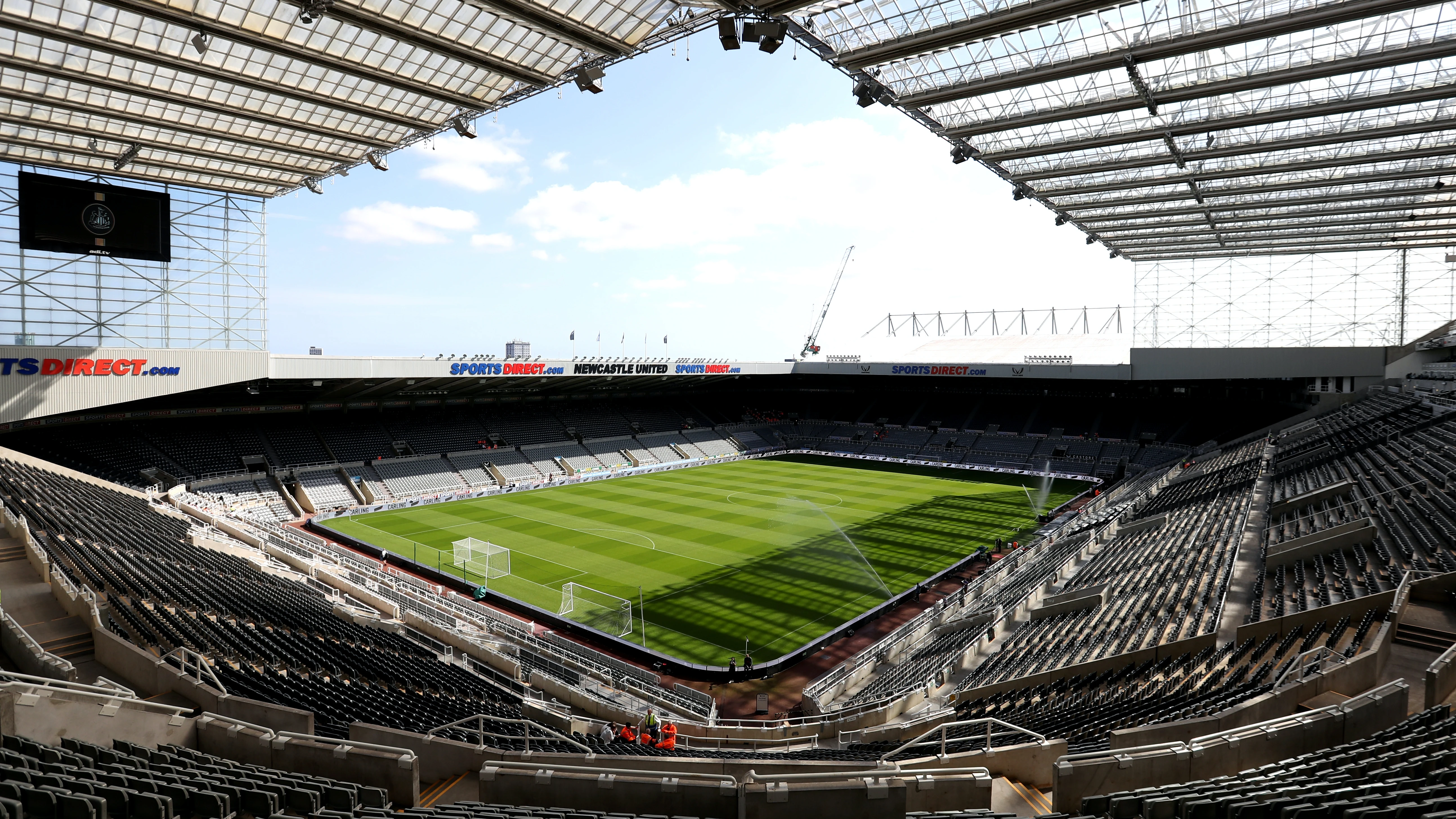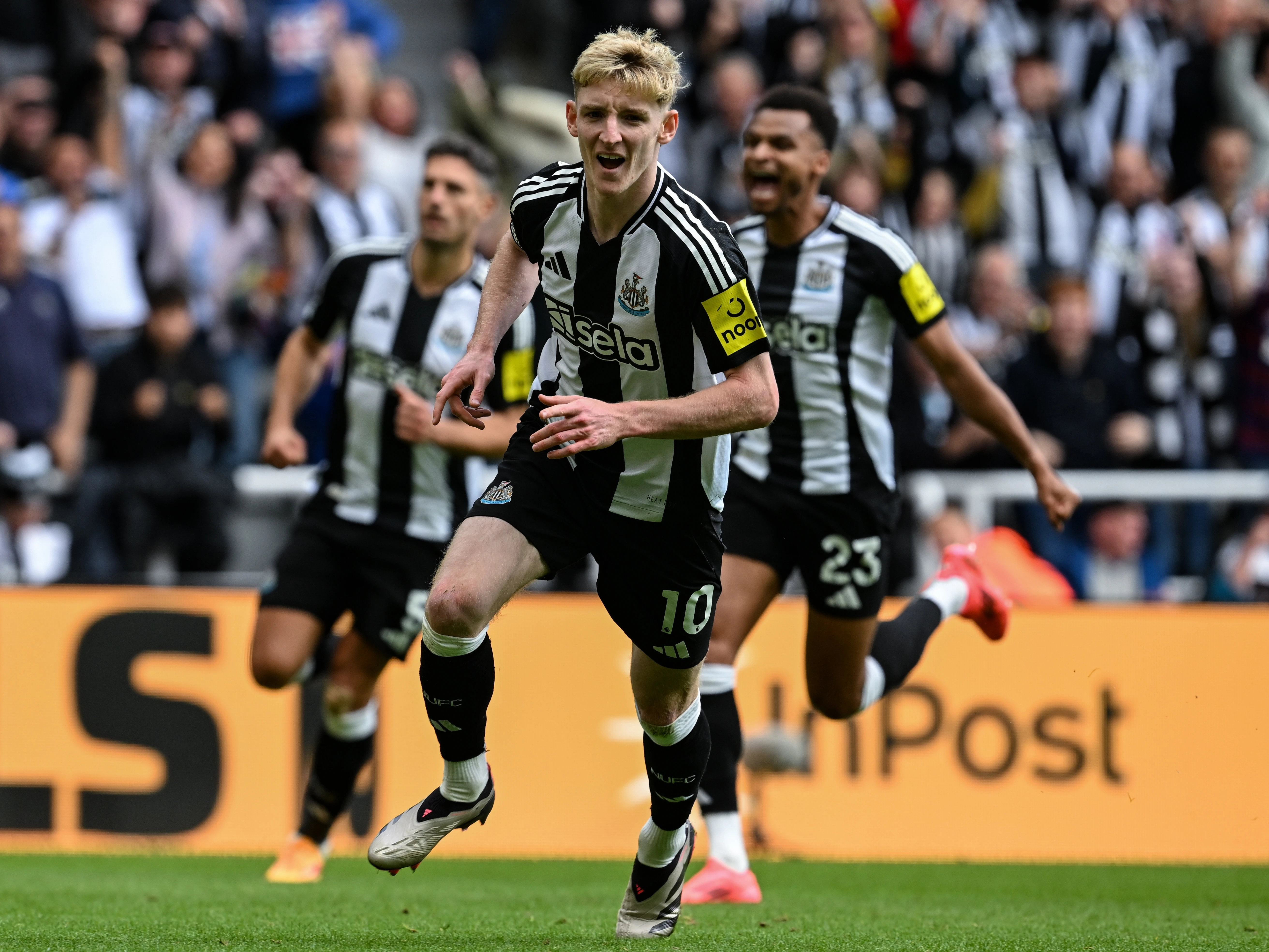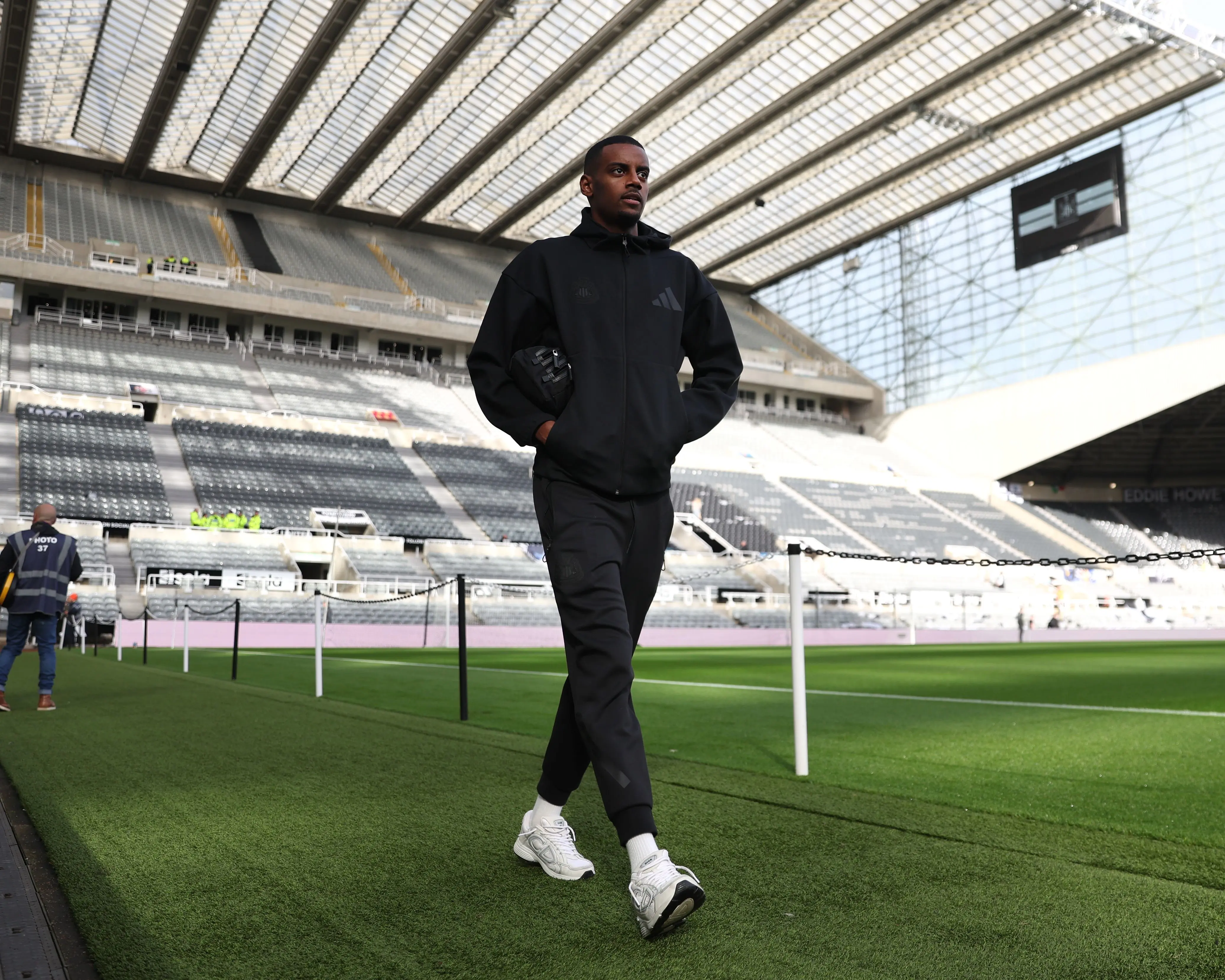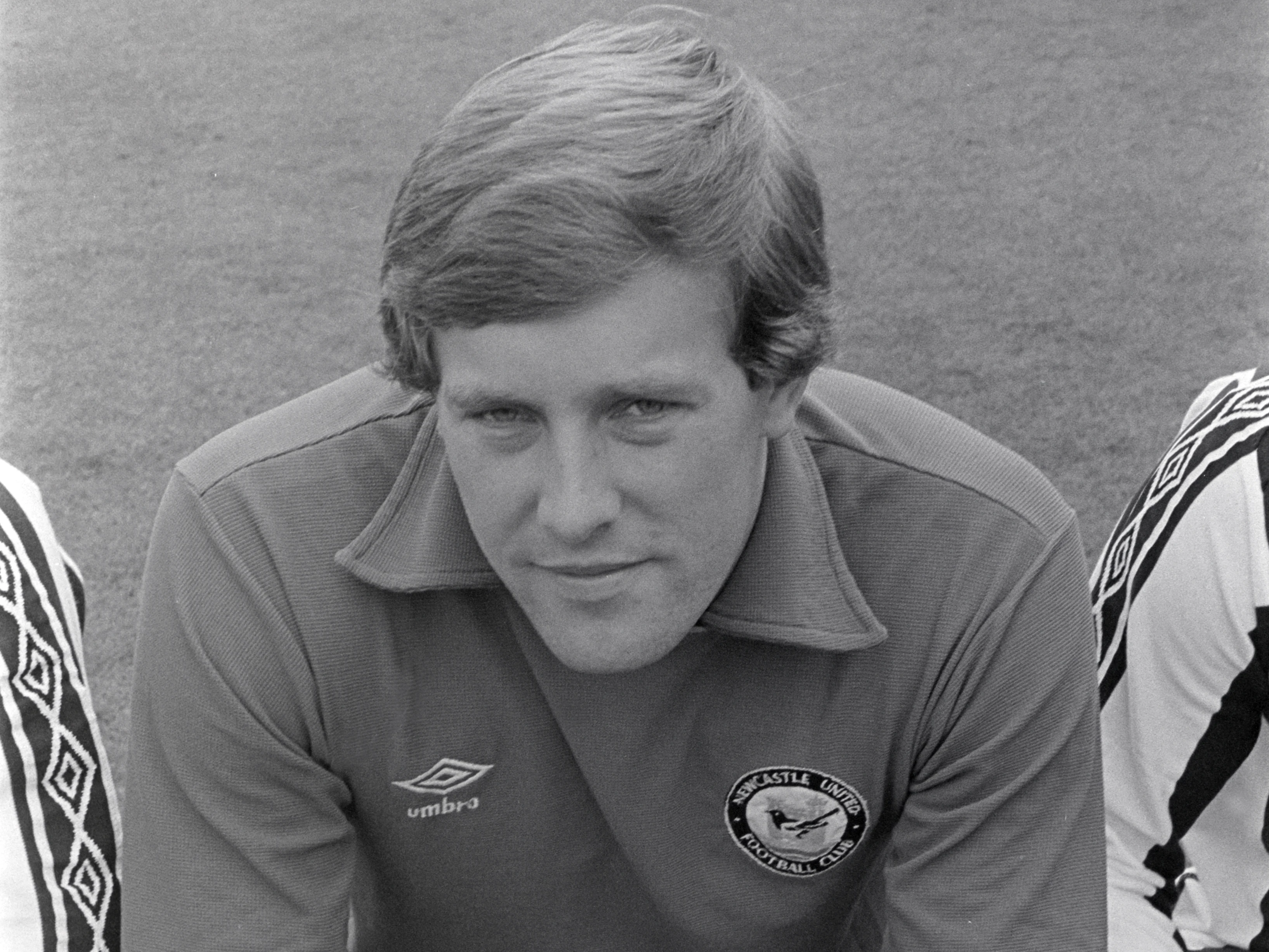Our commitment to being run in a sustainable manner, which secures the financial viability of the club, is a longstanding one. This does not come at the expense of being ambitious, and it is built on the core principle that we will spend what we have.
The cash generated each year through matchday and non-matchday activities, plus any transfer fees received from player sales, determines how much is available to spend. This relates not only to first team playing squad expenditure, but to all other areas of the club. In simple terms, there is one pot of money and spending in one area reduces the amount available for others.
In a ‘normal’ year, our operating model would generate sufficient funds to enable us to make one or two quality first team additions, as well as investing in other areas. This approach takes time and requires careful management and long-term planning, ensuring that we spend the money we generate wisely to benefit the club.
The last two years have been challenging, with Covid-19 having a considerable impact on the club’s finances and therefore the amount of cash we have available to spend. Internally, all parties have long been aware of the budgetary parameters under which we are operating.
Ahead of the summer transfer window and having made a significant impact after arriving on loan in January 2021, Joe Willock was identified as the club’s primary target.
Once it was confirmed that the player would be available on a permanent deal, a collaborative decision was taken to pursue this option. All parties were aware as to the implications for further squad consolidation, with the collective view being that securing Joe Willock was the right priority. There was a shared understanding that further additions to the playing squad would be heavily influenced by player trading, both in terms of available funds and space in the squad.
The deal to bring Joe Willock to the club was formally completed on Friday 13th August 2021 and we are beyond delighted to have secured him.
Our preference to pay transfer fees up front, rather than spreading payments over several years, is well documented. We believe this approach to be in the club's long-term interests, giving the club far greater certainty and control over its spending in future windows and seasons.
In negotiating/securing this deal post Covid-19, we acknowledged the need to make an exception and, on this occasion, have spread the transfer fee over instalments. We did so this summer to secure a player who we know makes us stronger and who our head coach was unequivocal in his desire to sign.
Since summer 2019, the club has made nine permanent signings and taken five players on loan. Our net spend over this period is c£120m* (£160m spent on players and £40m received from sales). We have delivered on our commitment to spending what we have, and indeed because of our business this summer, have spent more to secure our primary target. To suggest otherwise is misleading and claims that money has been taken out of the club are wholly untrue.
For context, this summer, Sky Sports reported that Newcastle United's net spend was the tenth highest in the Premier League. The club retained its best players despite the obvious financial challenges.
Having finished last season in 12th place in the Premier League, and in the top six of the form table over the final nine fixtures, the club at all levels maintains a strong belief in its current squad. We have a talented and committed group of players who have shown that they are fully capable of delivering and we ask all our loyal supporters to get behind their team, because we are stronger together.
*Net spend includes assumptions around contingent transfer fees (often dependent on player appearances/league status etc) and those considered likely to fall due at some future date as well as any guaranteed deferred fees. Likewise, not all the fees due to the club have necessarily been received to date.Put simply, £120m represents our best estimate of the spend the club has made or has committed to make because of the deals done during the five transfer windows since summer 2019 onwards - which is not the same thing as the actual cash in and out during that same period. This approach reflects the reality that trading done in any transfer window flows through into the club’s day to day cash balances over a period of time.




